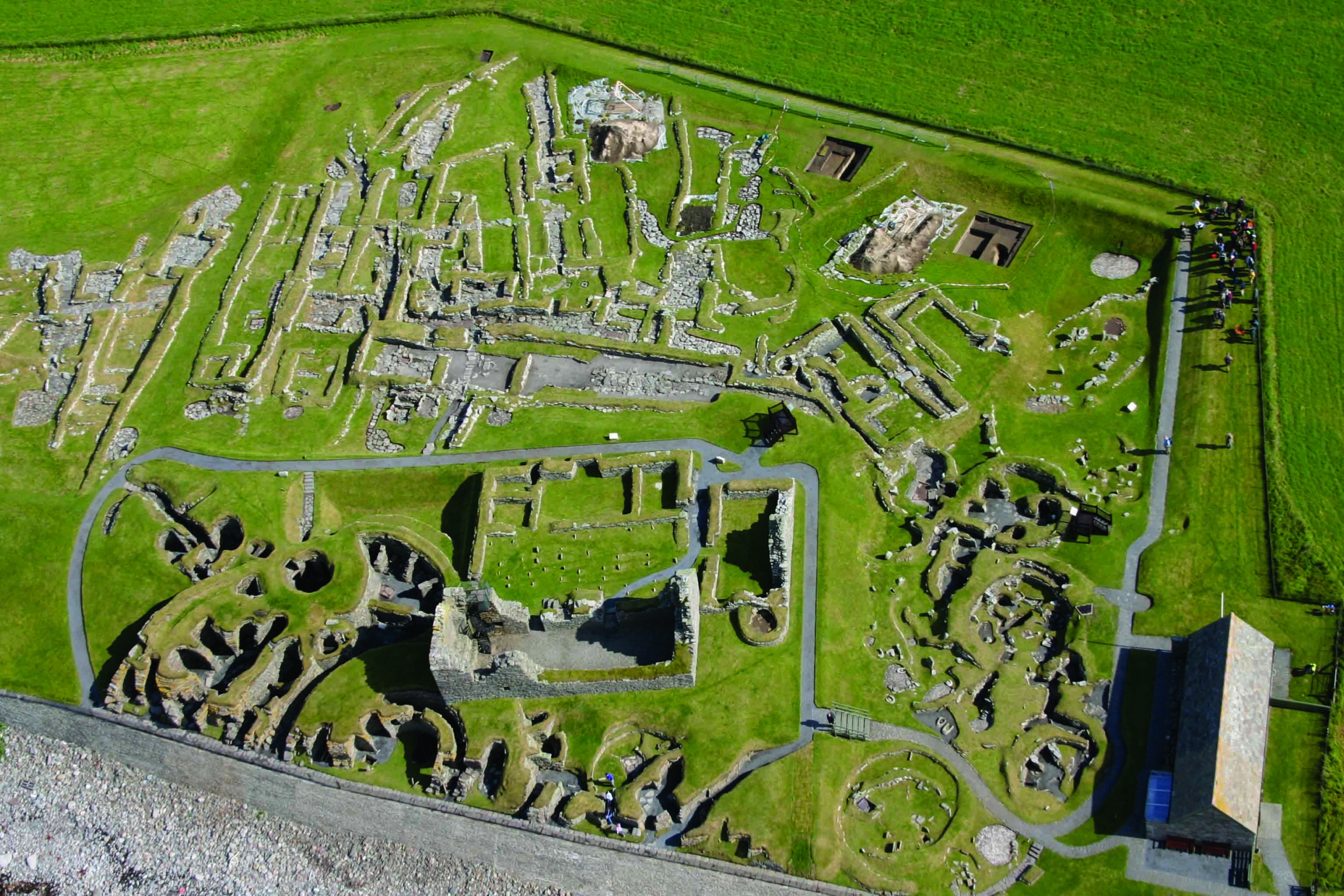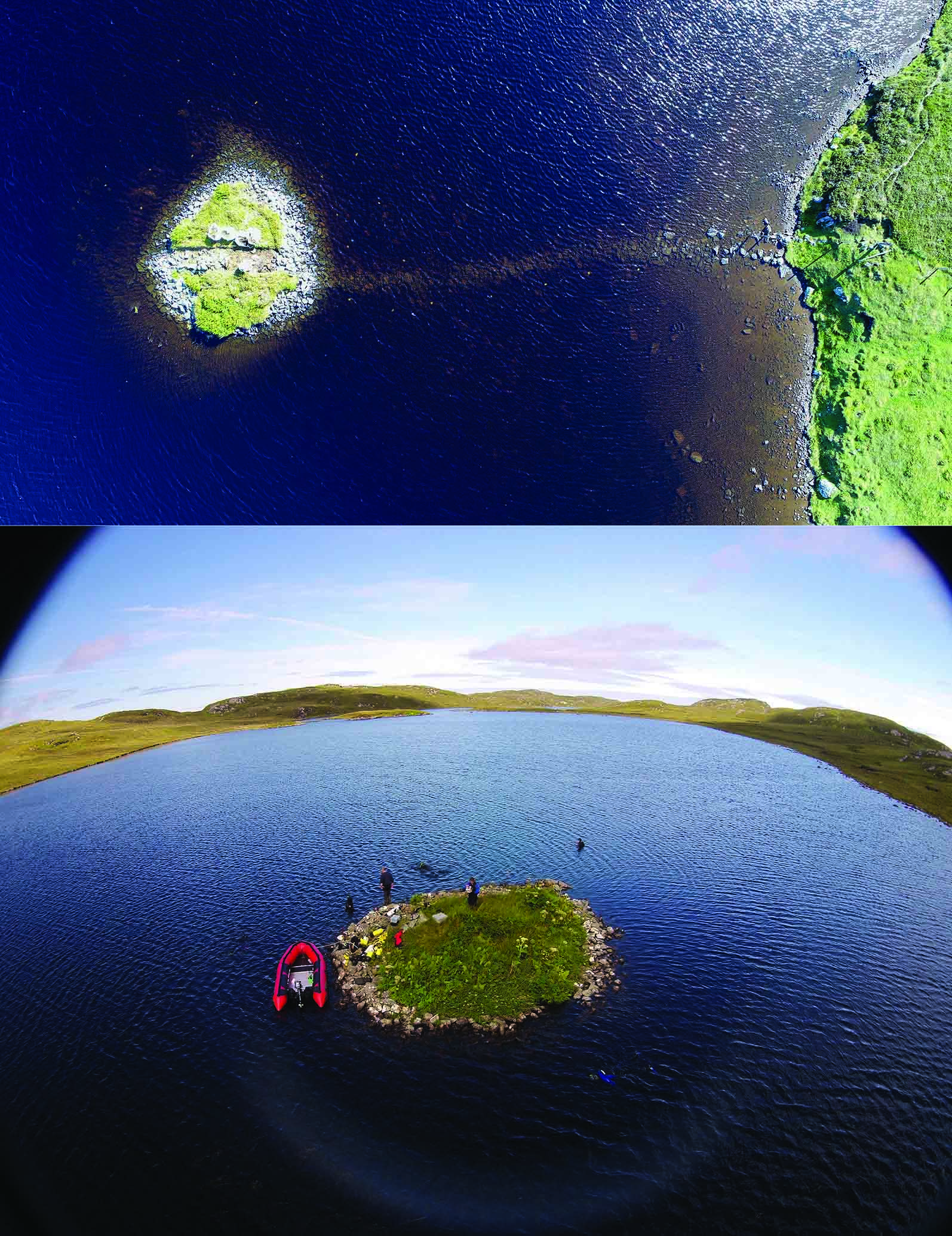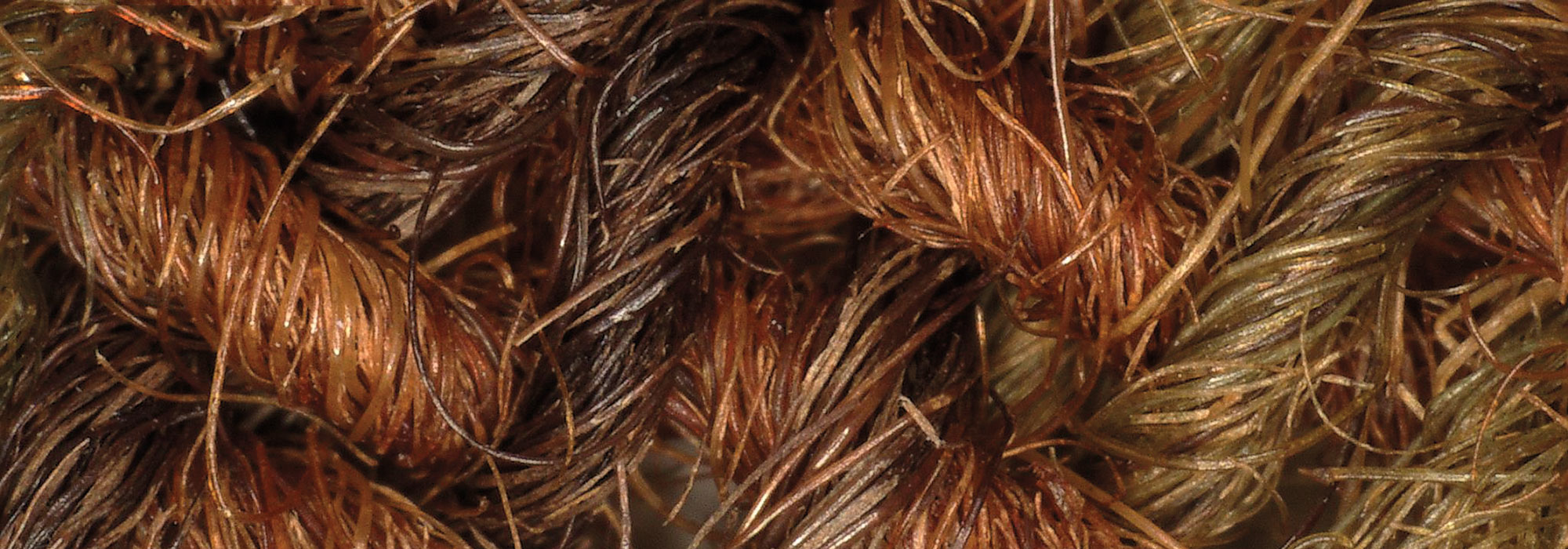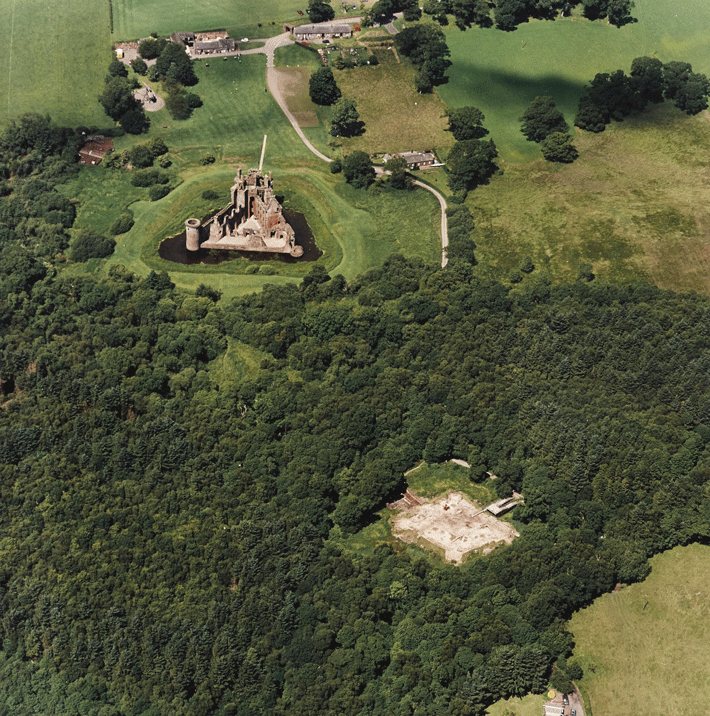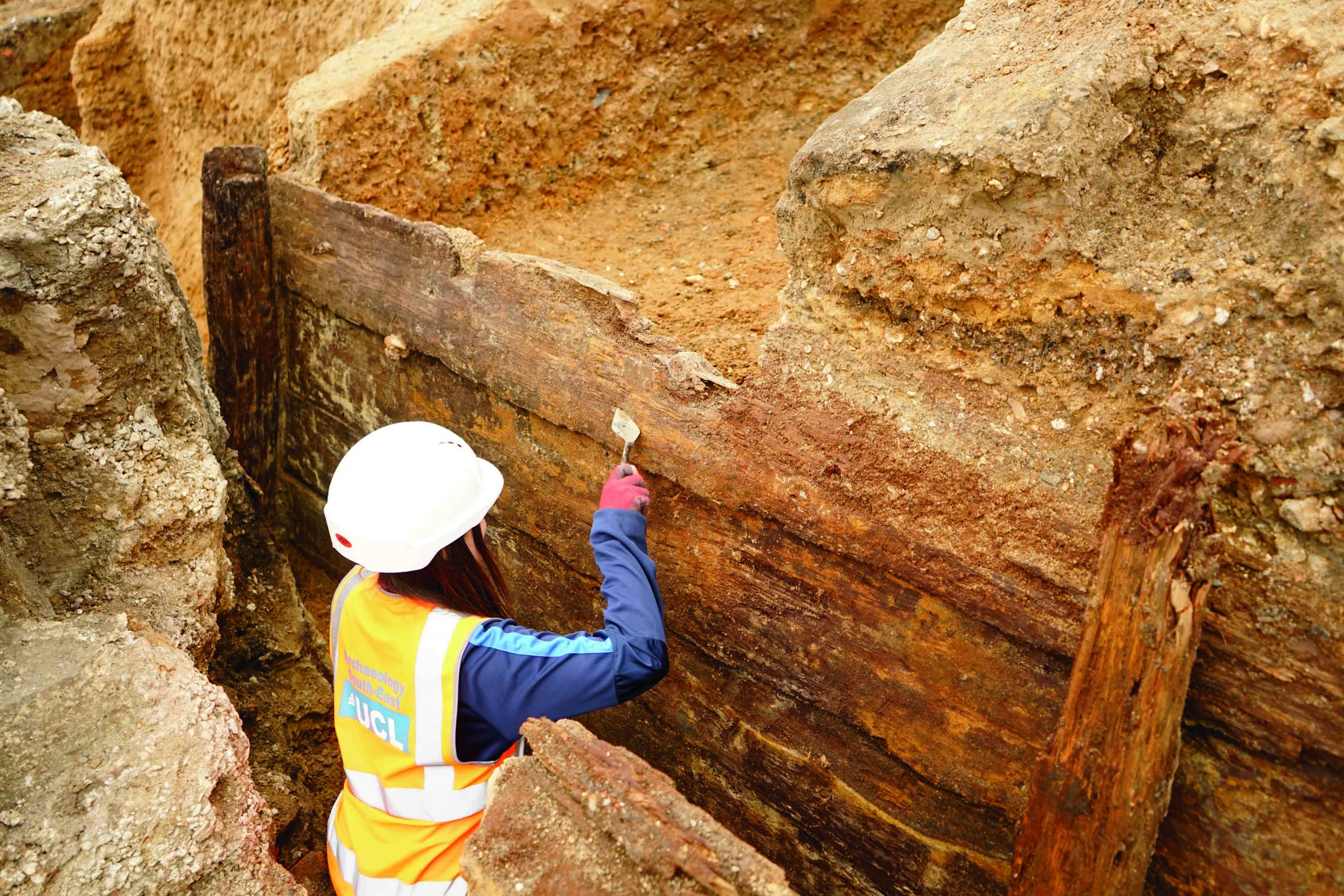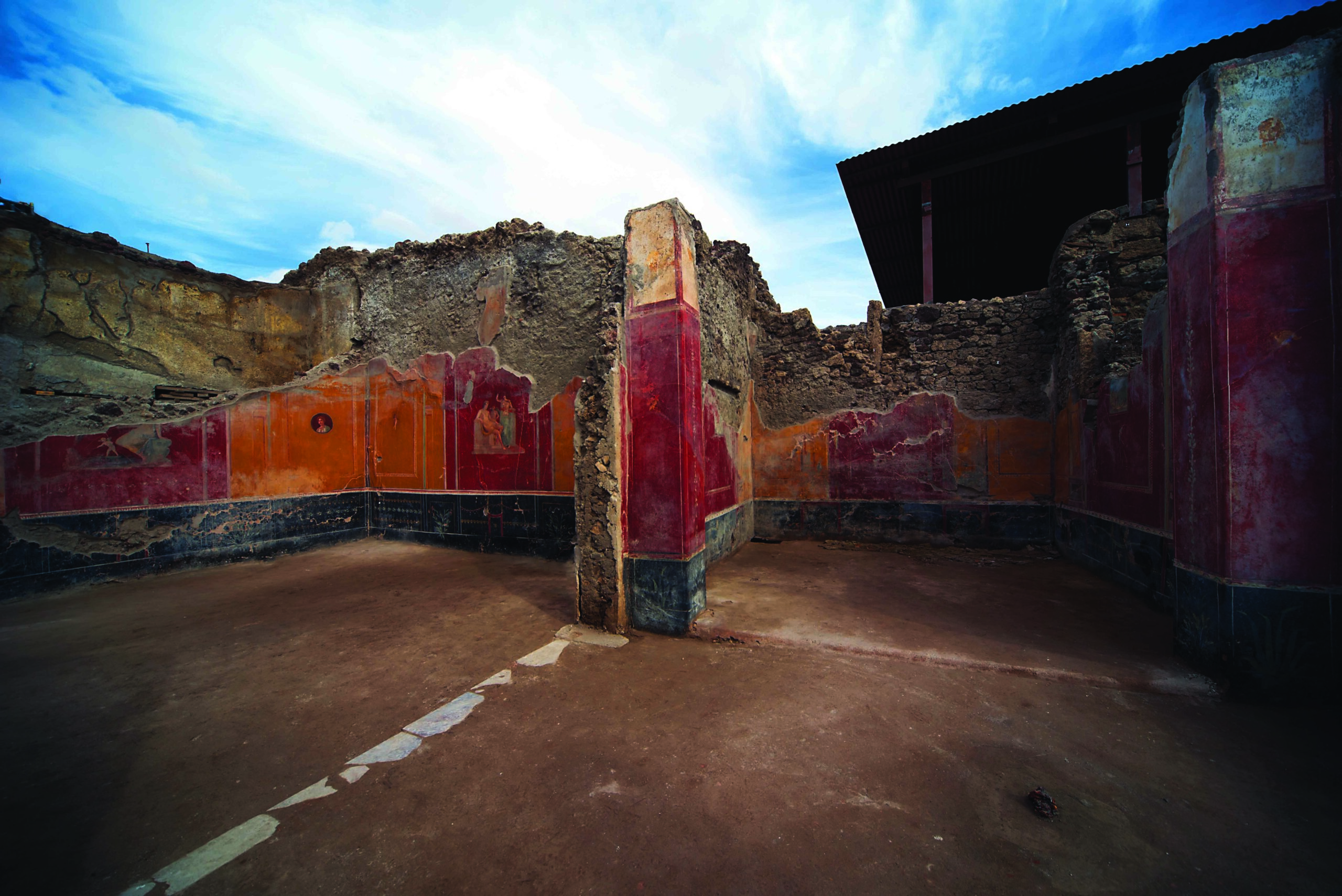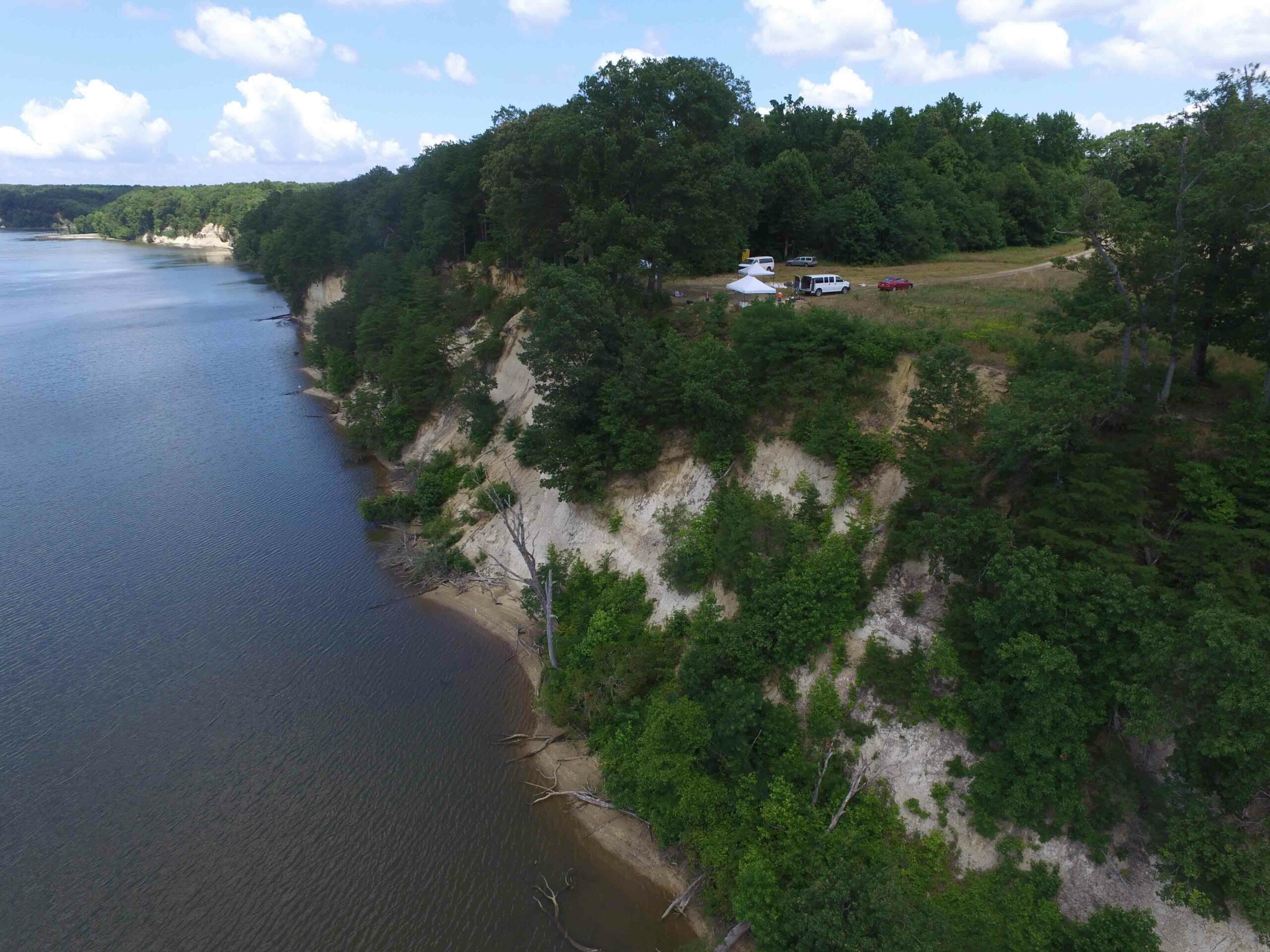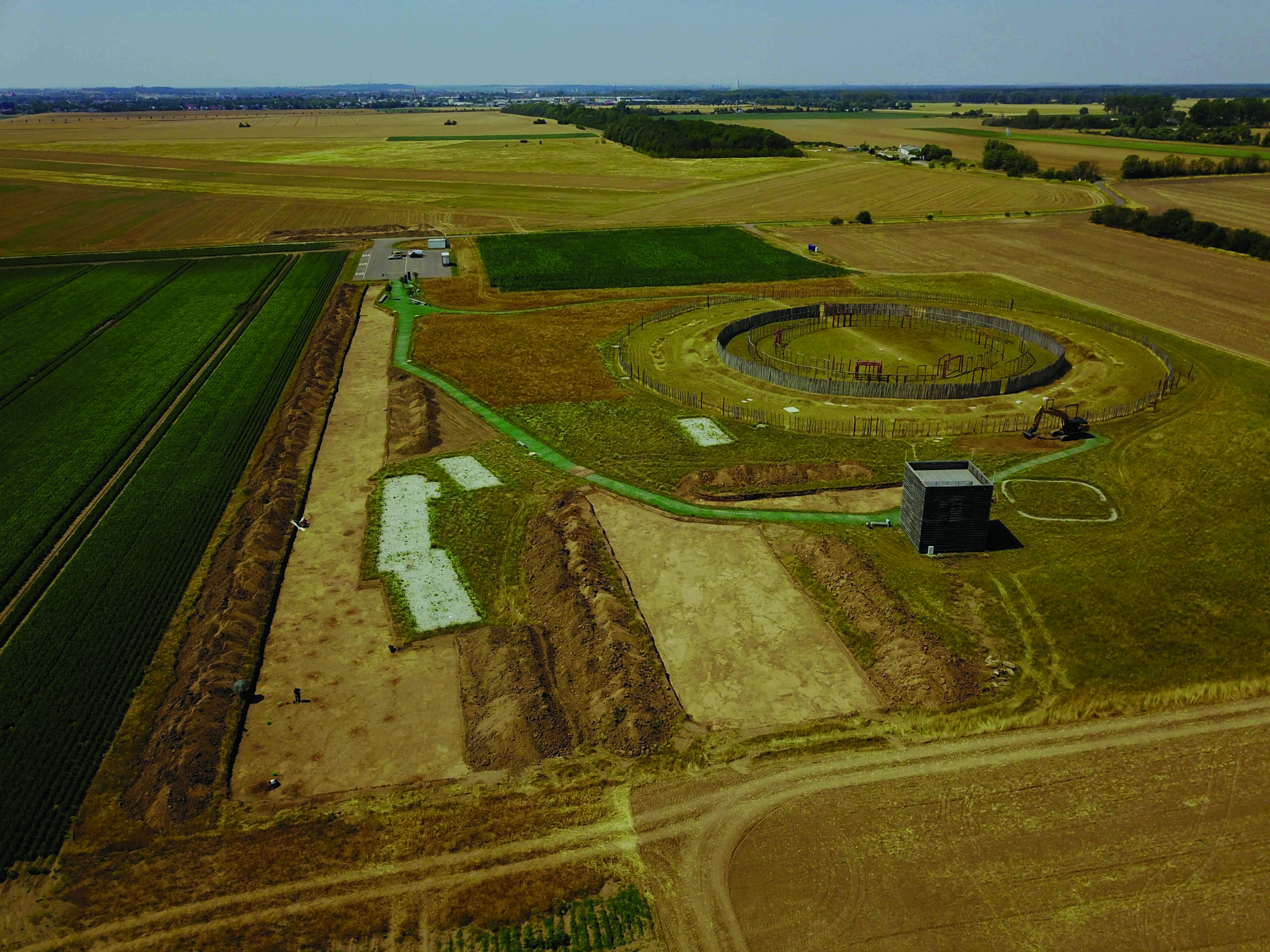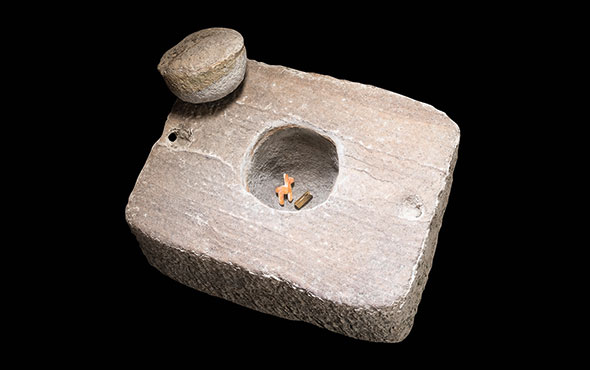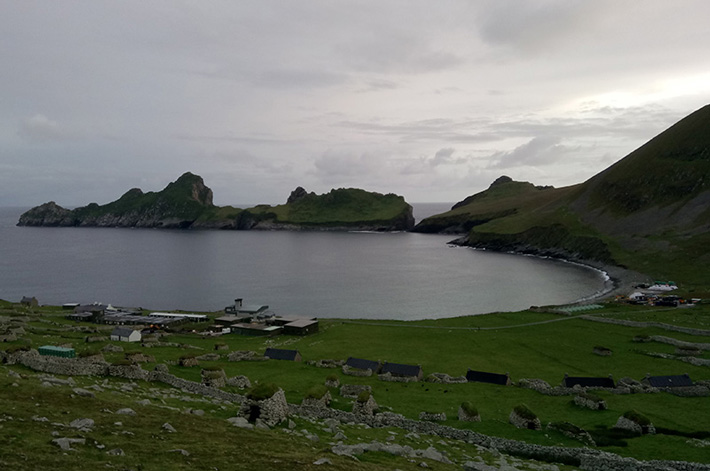
GLASGOW, SCOTLAND—The islands of the St. Kilda archipelago in the North Atlantic Ocean were inhabited some 2,000 years ago, according to a BBC News report. Alan Hunter Blair of Guard Archaeology said Iron Age pottery bearing residues of carbonized food was unearthed on the main St. Kilda island of Hirta during an investigation ahead of the renovation of a military base. One pottery fragment may even date to the Bronze Age, Blair added. No house structures were found, however, because stone from ancient buildings was likely reused in later construction, he explained. “Stone was also cleared, including that in burial mounds to increase the available cultivation area, leaving little trace of what may have been there before,” Blair said. The islands’ last permanent residents moved away in 1930. To read about another recent discovery on a different Scottish island, go to "What's in a Norse Name?"


